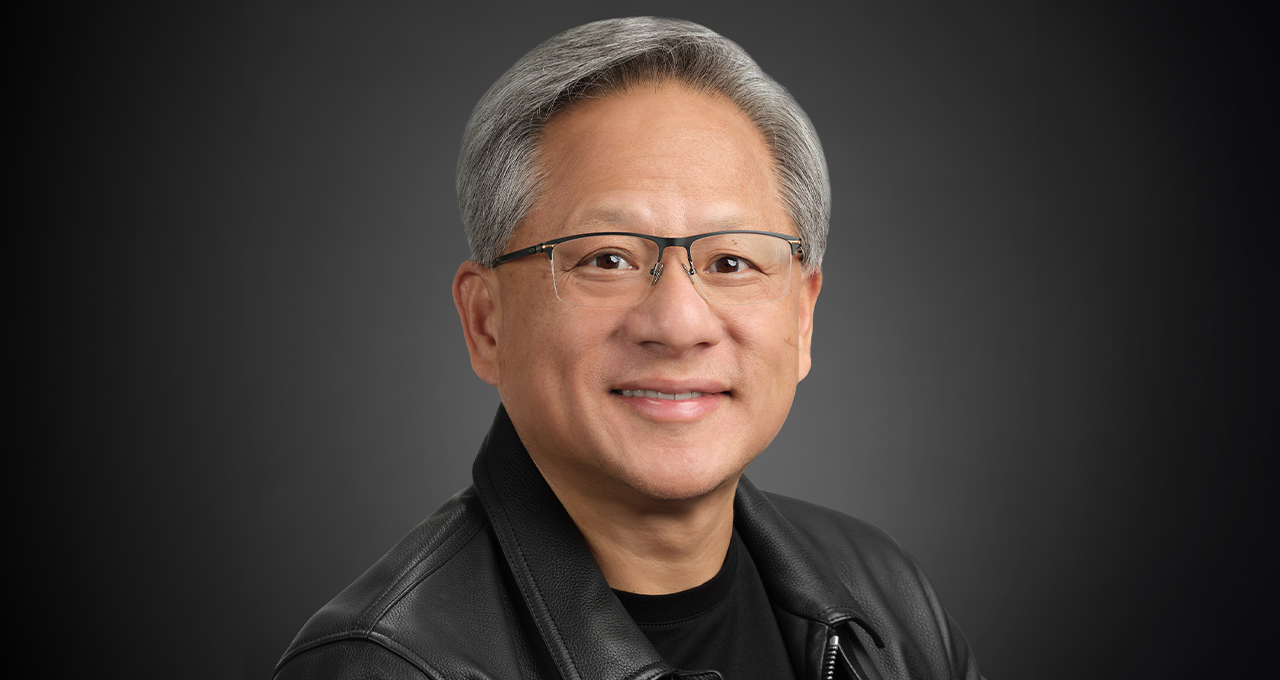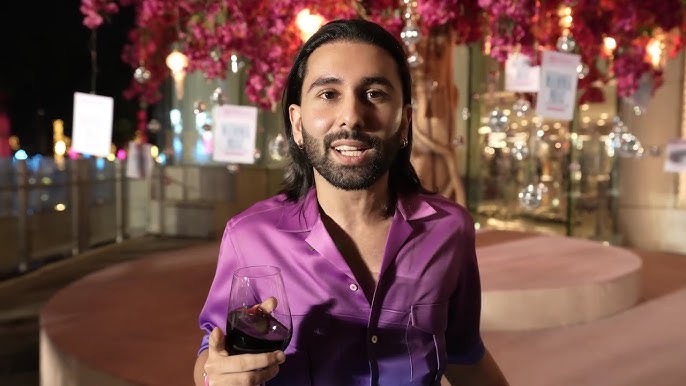As London Fashion Week celebrates its 40th anniversary, reflecting on its evolution from its 1984 inception to the defining moments of the late ’90s and early 2000s, it’s clear that this was the period that catapulted the city’s fashion scene onto the global stage. Anna Wintour, in In Vogue: The ’90s, calls London the “place you went to look for the best talent,” and the fashion shows of that era, marked by creativity and chaos, established London as a hub of innovation.
The ‘90s saw groundbreaking collections from designers like Alexander McQueen, whose dramatic shows pushed the boundaries of fashion, and Hussein Chalayan, who used his runway to tackle social issues. These formative years, pre-digital and pre-social media, were fueled by creativity rather than commercialism. As Edward Enninful, former fashion director of i-D magazine, remarked, “The word commercial was the dirtiest word.”
Now, in its 40th year, London Fashion Week has grown up. Shows are polished, start on time, and have moved from gritty warehouses to iconic venues like the Royal Geographical Society and the British Museum. Even 10 Downing Street hosts fashion week parties, with Prime Minister Keir Starmer celebrating creativity.
Despite the refinement, London’s fashion week still embraces experimentation. Designers like Jonathan Anderson continue to push boundaries, though with a more subdued approach than in the past. The next generation, represented by labels like Standing Ground, S.S.Daley, and Nensi Dojaka, seems to prioritize consistency over radical disruption.
The evolution of London Fashion Week can be traced to the “Burberry-ization” of the industry, with the brand becoming the centerpiece of the city’s fashion scene. Burberry’s influence is undeniable, though current creative director Daniel Lee is still finding his footing, leaning heavily on outerwear as the brand’s identity continues to evolve.
At 40, London Fashion Week is in its fashionable middle age—a period of reflection, refinement, and readiness for the next chapter.






